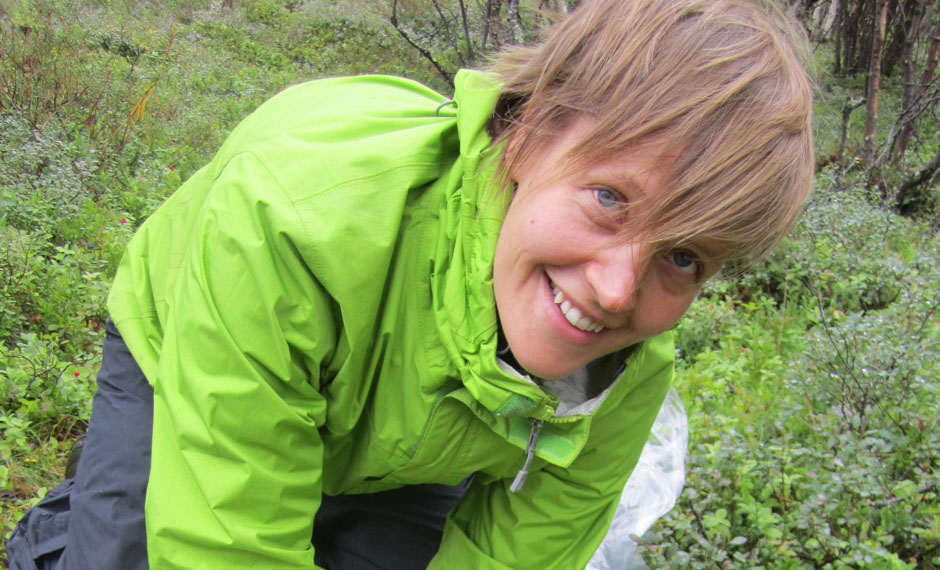Press release 9 February 2015.
Is it possible to read the future in tea leaves? This is what scientists at Umeå University are hoping to find out and they are now looking for school classes across Sweden to participate in a mass experiment that will help to inform climate change research. The so-called ‘Tea Bag Experiment’ is part of the European science festival, Researchers’ Night.

When dead plants decompose in the soil, the decomposition process emits carbon dioxide, a gas which plays an important role in global warming. In order to be able to make better predictions about future climate change, scientists need to know more about how this decomposition occurs.
The pupils’ task will be to bury tea bags and then to dig them up again after a few months. They will then weigh them to see how much of the tea has decomposed.
”The experiment is a unique way to explore the speed of decomposition in different environments. With the pupils’ help, we can gain valuable information about how climate change is affecting the decomposition of plant material in the soil and in turn, what effects this is having on the climate,” said Taru Lehtinen, one of the scientists involved in the experiment.
This is the seventh year that a mass experiment, in which pupils help scientists to collect data, is being organised as part of Researchers’ Night in Sweden.
”We find that young people’s interest and understanding of science increases as a result of participating in the experiments. At the same time, scientists receive large amounts of data from all over Sweden,” said Cissi Billgren Askwall, Secretary General of VA (Public & Science), the Swedish non-profit organisation that is coordinating the Tea Bag Experiment and Researchers’ Night.
There is no cost to participate in the experiment. The scientists plan to write up the results of the experiment in a scientific article and the mass experiment will also be published next year as a popular science report.
The Tea Bag Experiment has been designed by scientists at Umeå University in Sweden in collaboration with scientists at the University of Utrecht in the Netherlands and the Austrian Agency for Health and Food Safety. The experiment is coordinated by VA (Public & Science), with financial support from the Swedish research council Formas.
The United Nations has designated 2015 the International Year of Soils to raise awareness of the importance of soil for human life and highlight the need for sustainable management of soil resources. The Tea Bag Experiment contributes to this by sharing knowledge about the role of soil in climate change.
The European Commission has declared the last Friday in September each year European Researchers’ Night across the whole of Europe. In Sweden, the event is called ForskarFredag and is celebrated this year on Friday 25 September. The public is invited to try their hand at science, experiment, investigate and meet scientists in thirty cities across Sweden. The Tea Bag Experiment is run as part of the Swedish Researchers’ Night.
For more information, visit www.forskarfredag.se or contact:
Taru Lehtinen, one of the researchers involved in the project, [email protected], + 43 (0)660620 35 19
Fredrik Brounéus, Project Manager at VA (Public & Science), [email protected], +46 (0)72-556 34 48
VA (Public and Science) promotes dialogue and openness between researchers and the public – especially young people. The organisation works to create new forms of dialogue about research. VA is also developing new knowledge on the relationship between research and society through surveys and studies. Its members consist of some 80 organisations, authorities, companies and associations. In addition, it has a number of individual members. For more information visit www.v-a.se/in-english/

